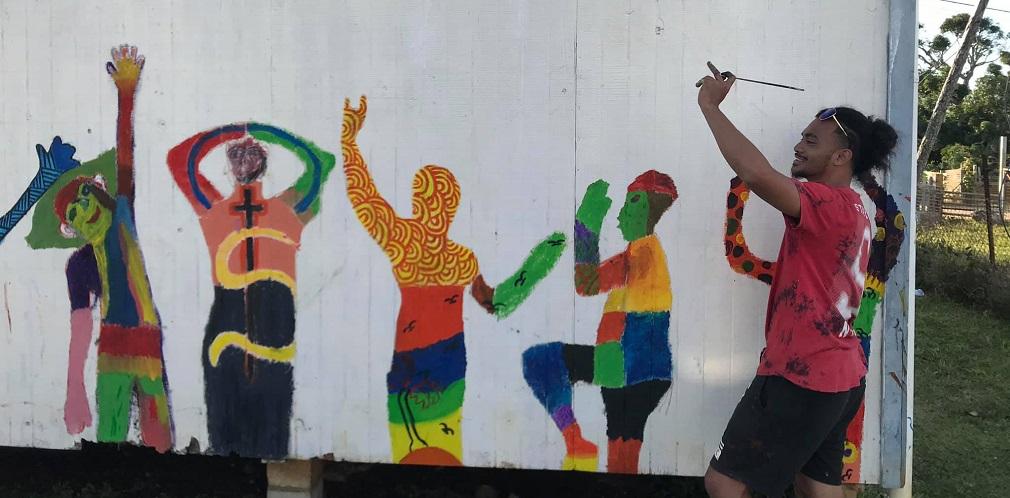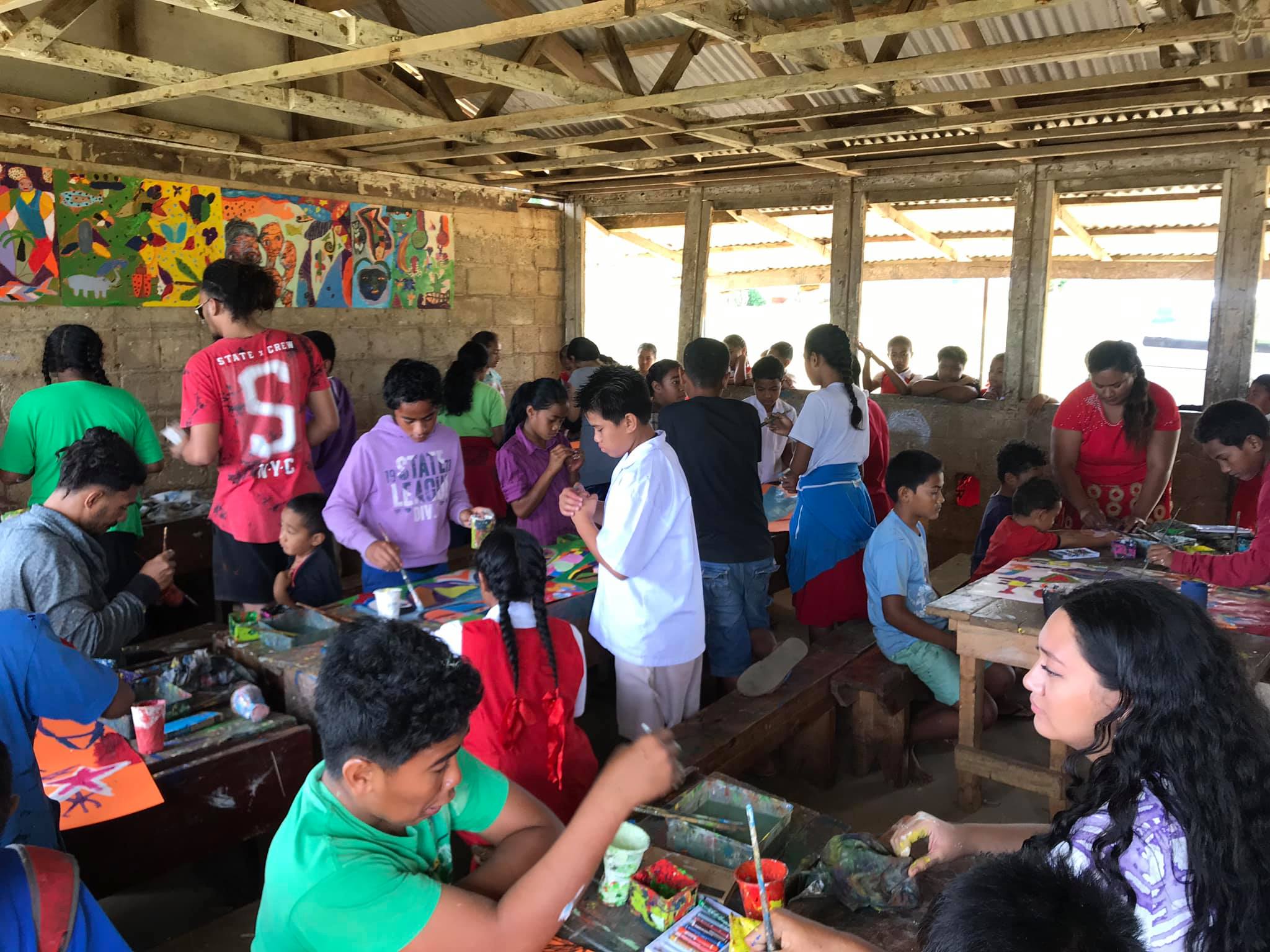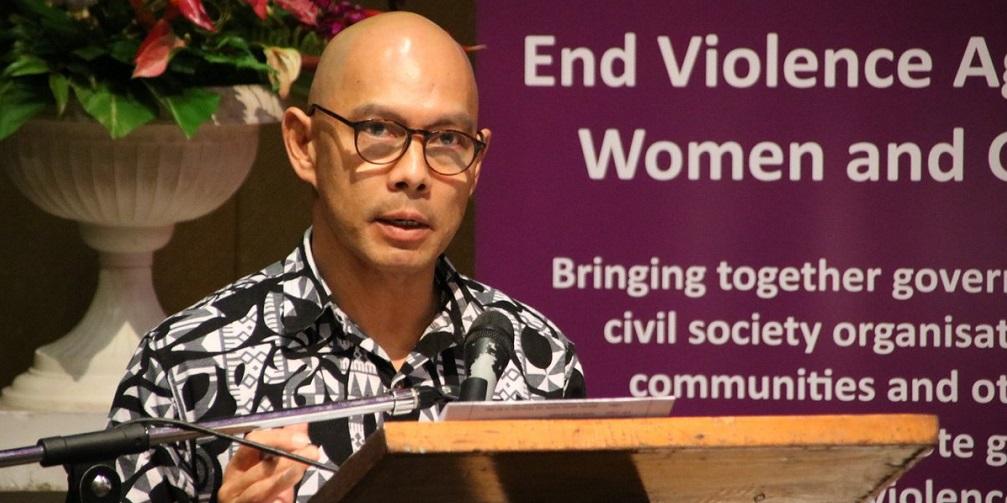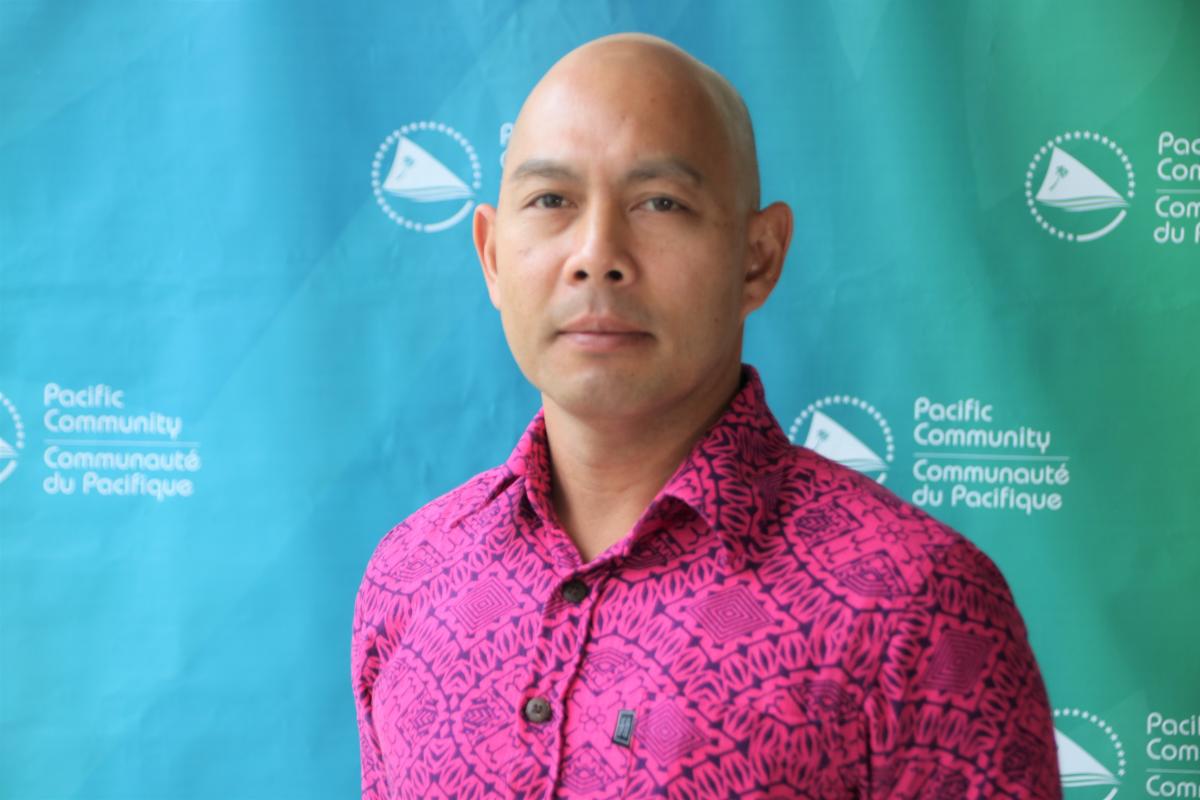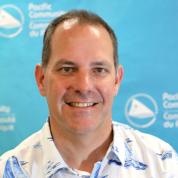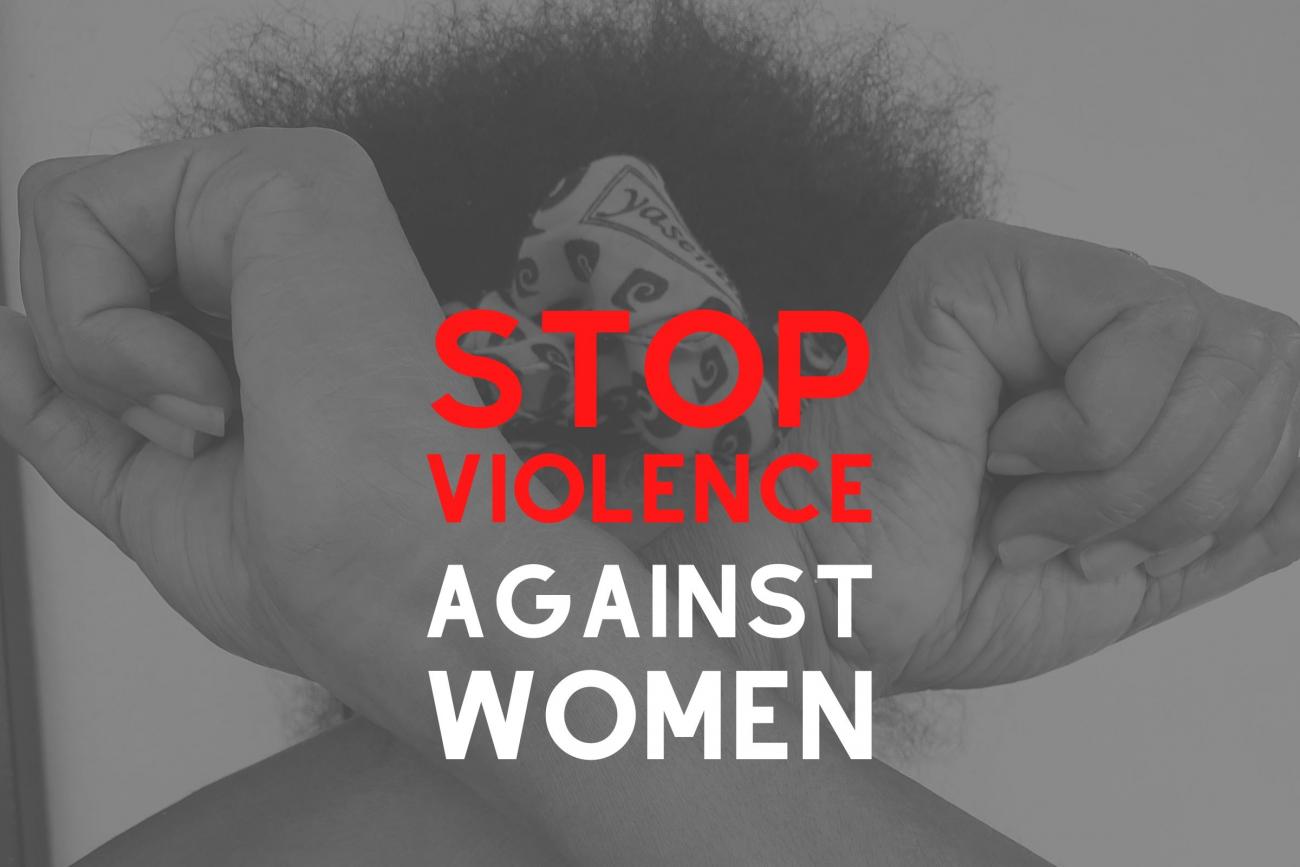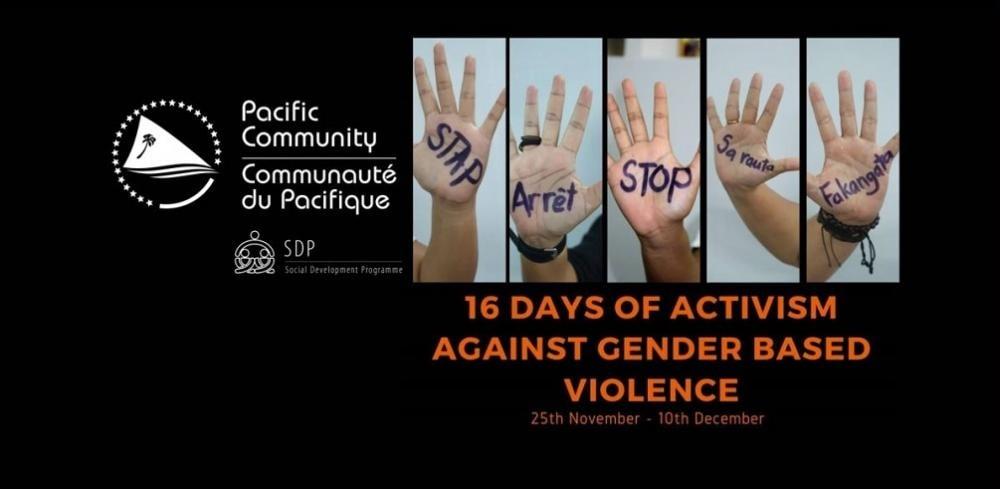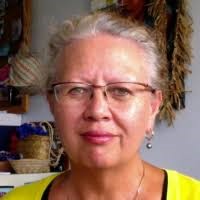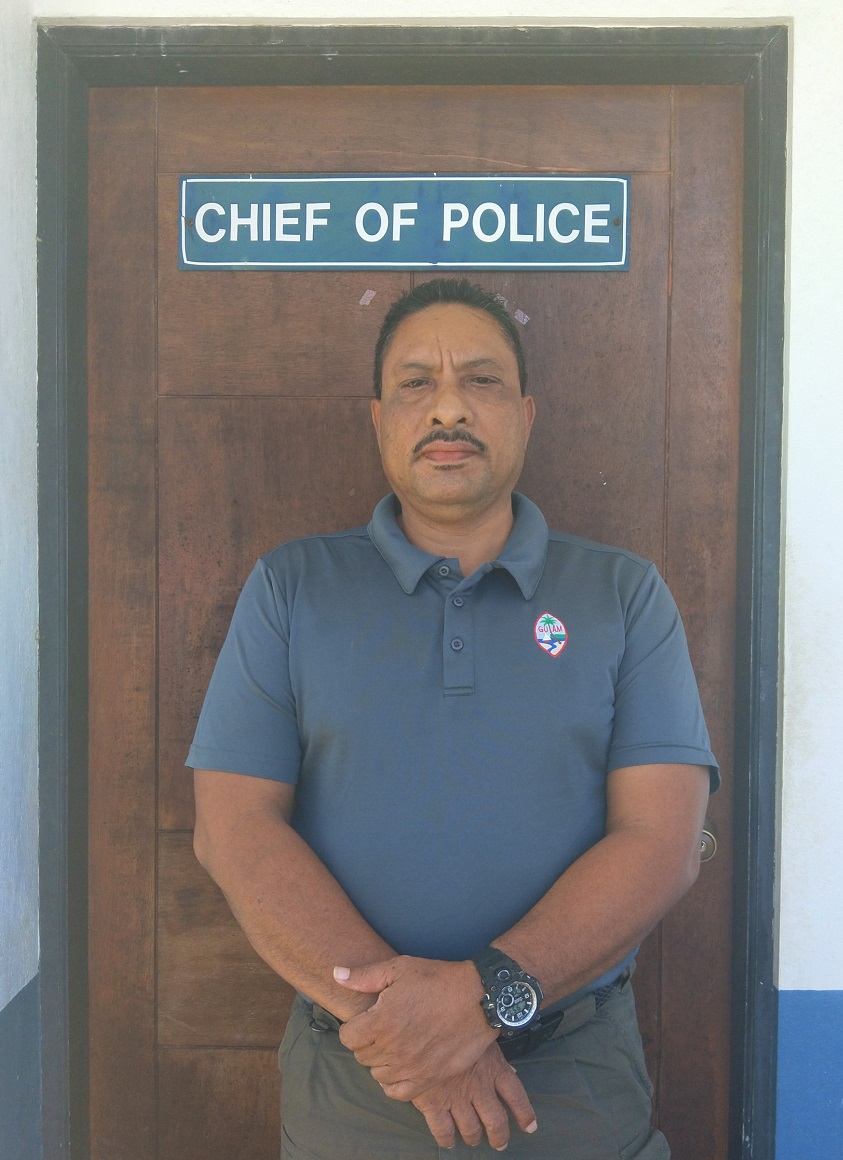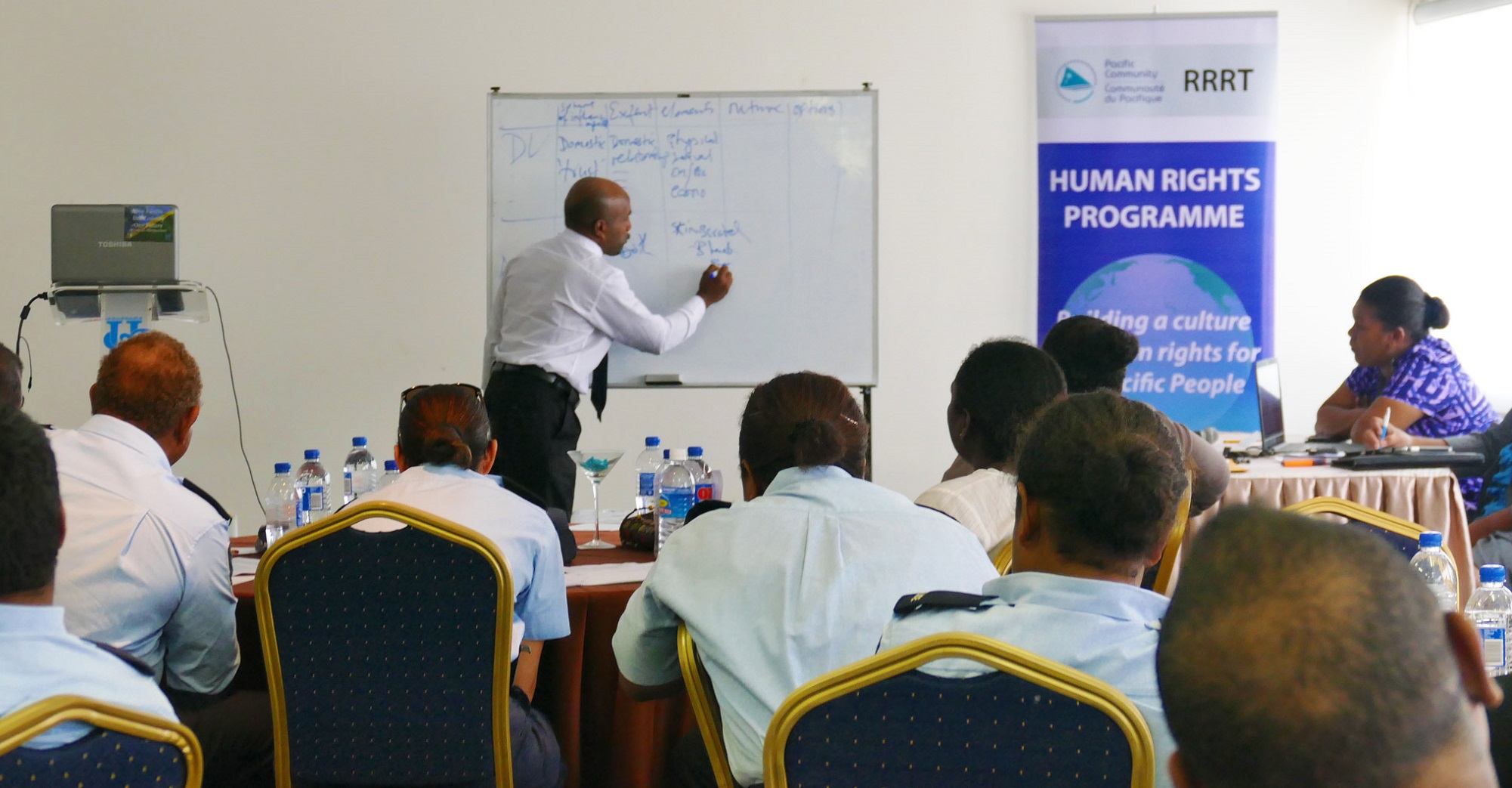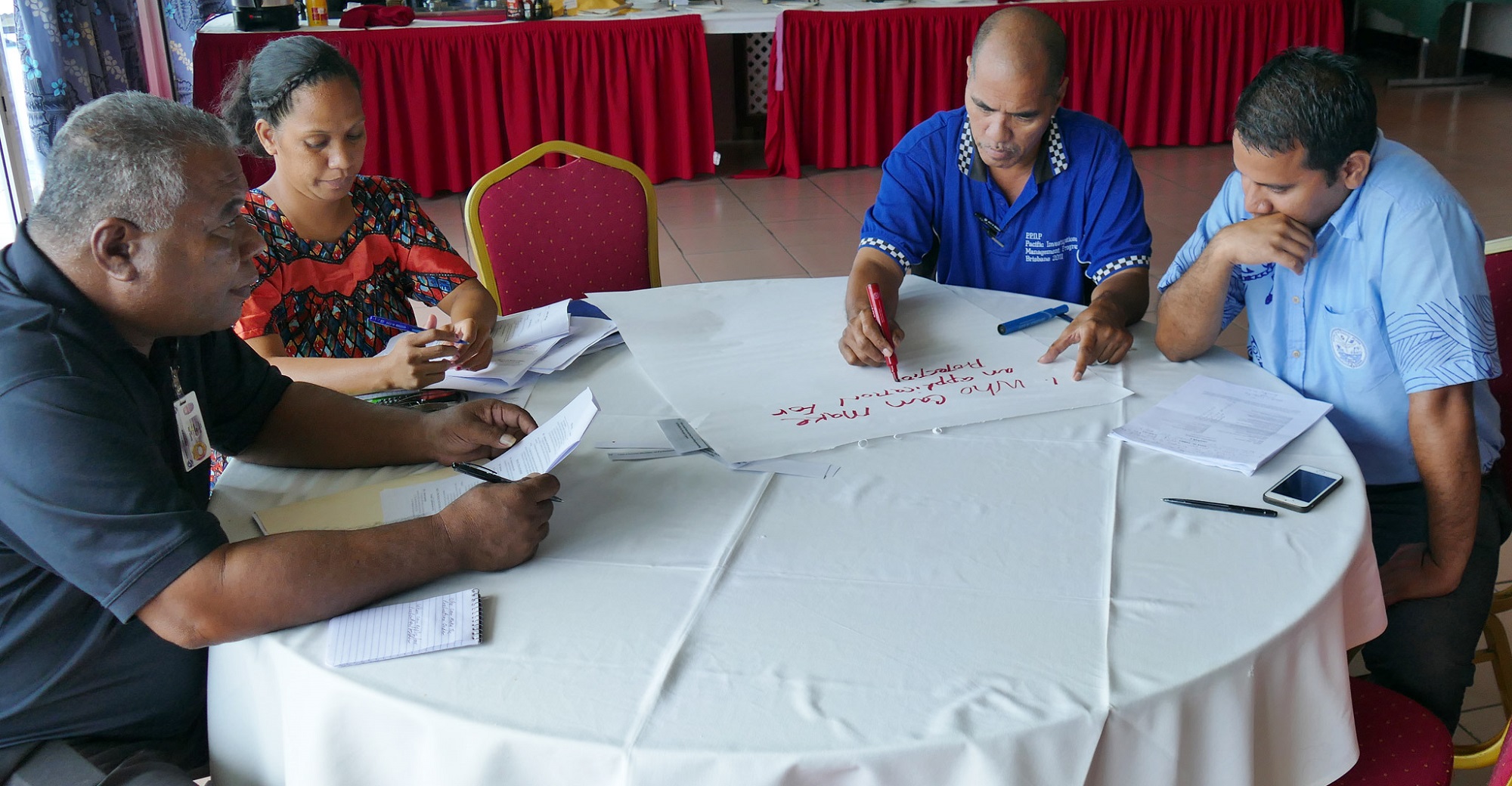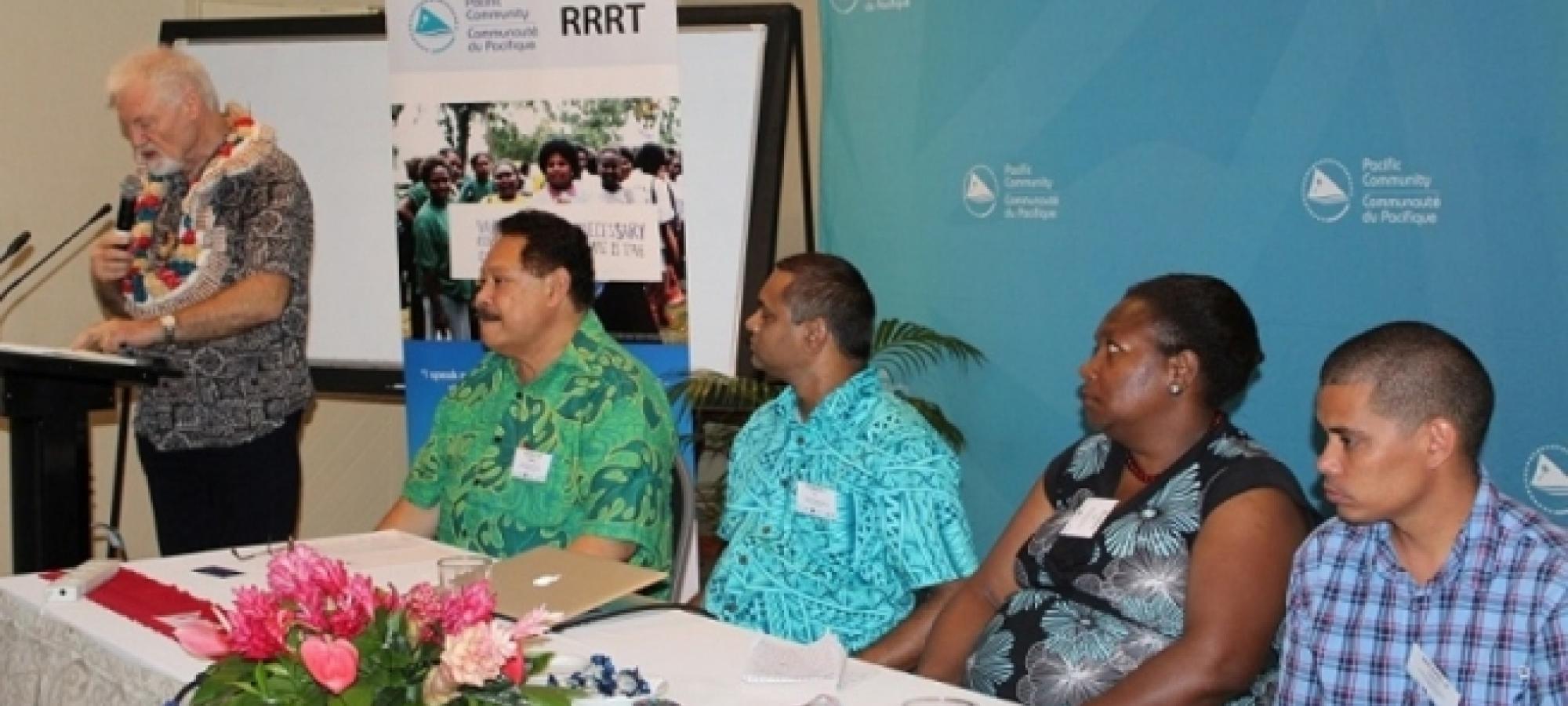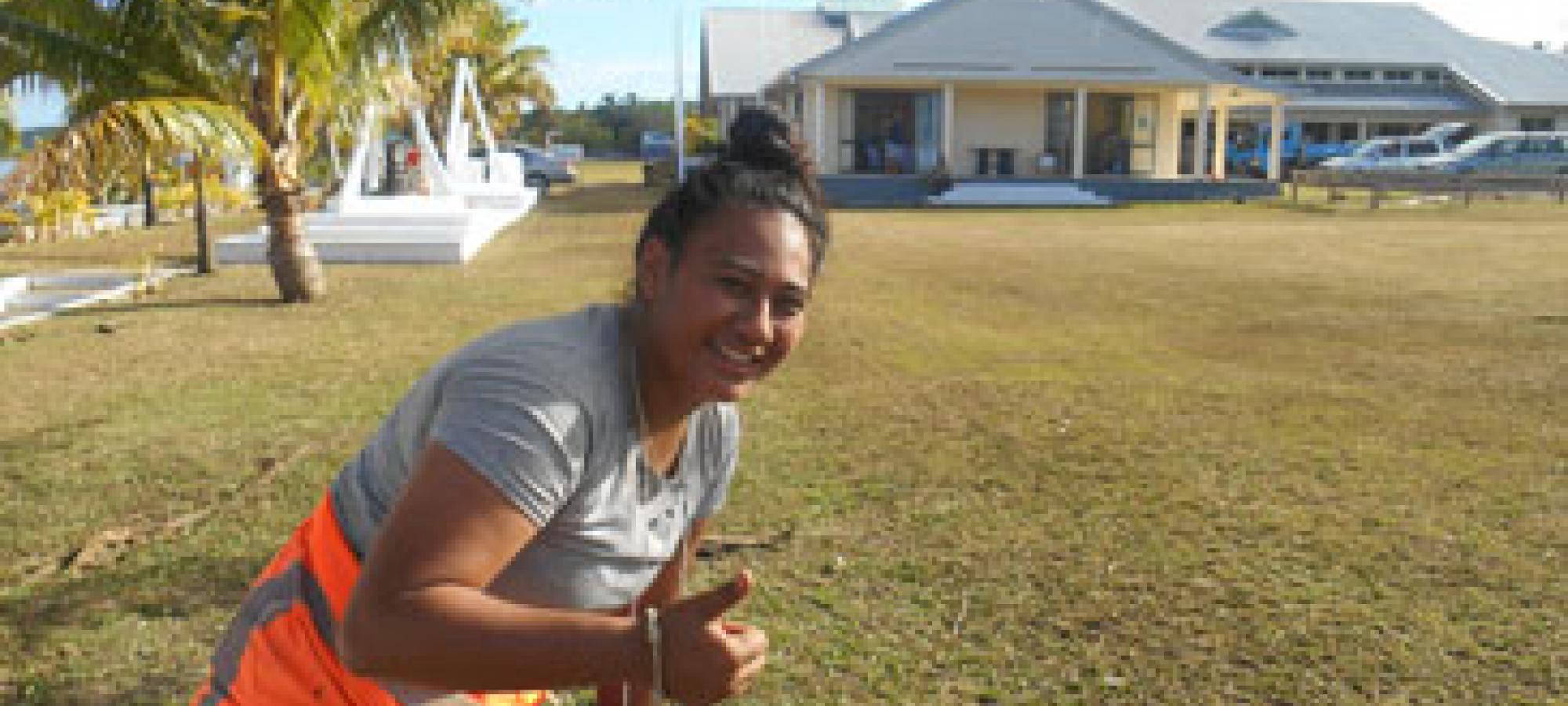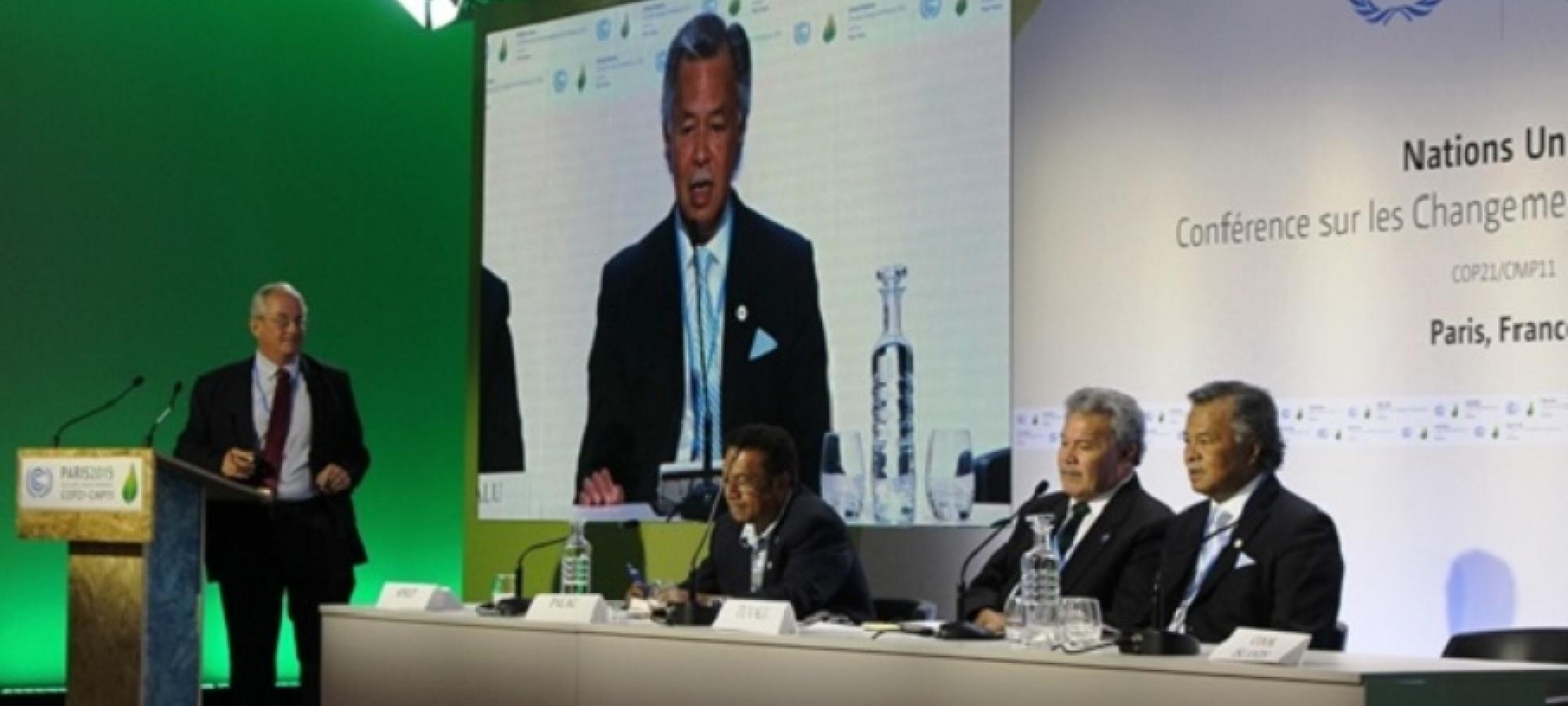A reawakening of cultures
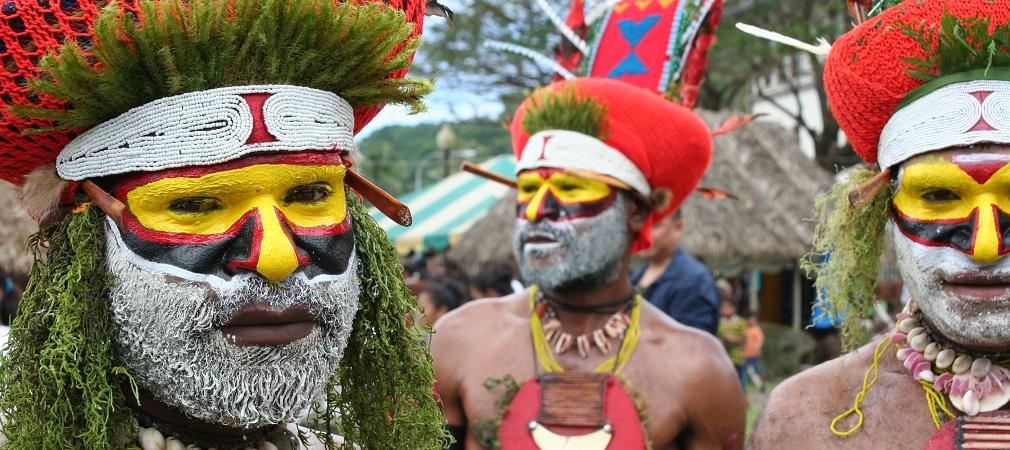
Creative and cultural sectors across the Pacific and the world, have been among the hardest hit as a result of the COVID-19 pandemic. While the value of arts and culture is often framed in strictly economic terms and there is no denying the significant contribution to the tourism industry, or the taxation revenue created by cultural events and exhibitions, the creative and cultural sectors of the Pacific serve a far deeper and more important role for the people of this region.
In the Pacific, our culture is our identity; one that comprises spiritual faith and customary beliefs and practices. We have a unique variety of languages and art including storytelling, chants, poetry, songs, dances, attires and handicrafts that highlight the diversity of culture in each country, province and village. For a region whose cultures are people-centred, with in-person interaction and engagement critical to many expressions of culture (notably ceremonies), one of the key challenges faced in the wake of the COVID-19 pandemic has been social distancing requirements and limitations to group gatherings.
COVID-19 forced the world and our ‘continent of islands’ into lockdowns that lasted for months. Economic, social and cultural life came to a standstill as borders closed, travel was restricted and became more costly and quarantine made compulsory. Freedom of movement was restricted, and gatherings and events were postponed or cancelled in an attempt to control the spread of COVID-19 and ease the pressure on health care systems. One of these events was the 13th Festival of Pacific Arts and Culture (FestPAC), a large celebration of indigenous Pacific Islanders and cultures.
First launched in 1972 by the Pacific Community (SPC), FestPAC was created to showcase arts and culture and to halt the erosion of traditional practices through ongoing cultural exchanges. Since 1972, 12 Pacific countries have hosted FestPAC, with the next festival now scheduled for June 2024 in Hawaiʻi. The 2020 postponement, however, has not meant that the work in the cultural and creative sectors have come to a standstill.
While life in the real world changed dramatically because of COVID-19 control measures, the online world became even more important with the reliance on technology to ensure work continued. This has, in turn, shaped our “new normal”. In keeping with this, SPC has been working with the Council of Pacific Arts and Culture (CPAC) to continue the work of reviewing the Regional Cultural Strategy (RCS). As the regional strategy for the promotion, preservation, and protection of Pacific cultures, the RCS provides a responsive framework to current and potential future issues that impact the cultural sector and influence the living cultural experience, values and identities of Pacific people. This responsiveness requires attention to emerging contemporary issues. Over time, this has extended from an initial emphasis of safeguarding cultural heritage to other sustainable development needs and issues, including globalisation, geopolitics, climate change, oceans and most recently, the COVID-19 pandemic.
The impact of COVID-19 on Pacific cultures has been a widely discussed topic during the RCS review, with members sharing reflections and learnings from their jurisdictions. Despite its disadvantages, COVID-19 appears to have also presented an opportunity for the Pacific to realise the importance of cultural ways of being and knowing, and the strength and resilience our cultures bring to our ways of being. The pandemic has allowed us as a region to retrace our steps and in some cases, re-learn the importance and value of Pacific culture beyond its association with tourism.
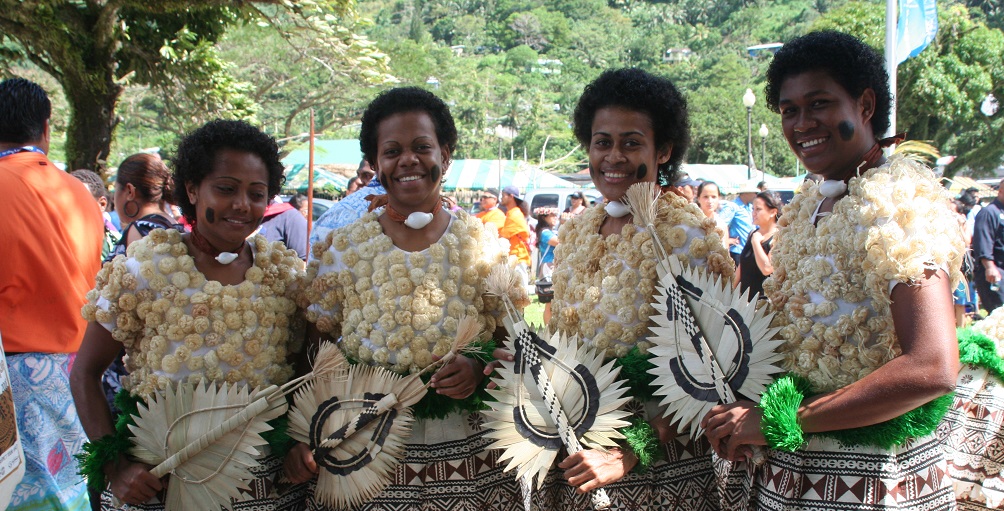
The RCS Working Group considered the question, “how can culture as a human resource contribute to the mitigation of COVID-19 impacts?”. In response, members shared that a lot of positive stories had emerged of how culture had helped mitigate the impacts of the current crisis. Notable examples include the revival of barter trading, now facilitated largely via social media; the return to backyard farming and food production, subsistence fisheries, and traditional medicines and massage; the use of arts and crafts as a coping mechanism for stress; and the rediscovery of ‘slow‘ food, in a change from the fast-food lifestyle that has become synonymous with modern Pacific living.
Members of the RCS Working Group noted that as a result of COVID-19 measures, more time was spent within families and more attention given to food security, fostering stronger, collective cultural responsibility and wellbeing (traditional social protection and sharing, collective community food security), as well as a revitalisation of traditional knowledge on food production and preservation. Pacific people returned to the land, the ocean and cultural and traditional ways of living to sustain them during the crisis.
While the increased attention to cultural resilience was highlighted as a positive, other members suggested that lockdowns, restrictions, limited public gatherings and physical distancing had created unprecedented stress and anxiety among people as these measures undermined cultural rights, holistic health and wellbeing.
Some members of the RCS Working Group noted that the work on the draft RCS had helped inform their responses and actions with their governments, and all agreed that the impacts of the pandemic would be detrimental in the short- and long-term of the creative arts and cultural sector. Among the national issues raised were reduced international and domestic tourism, ‘state of emergency’ regulations, budget cutbacks, rising unemployment and domestic violence reports, and limitations on social gatherings impacting live performances and gatherings in public spaces.
More serious impacts were also identified such as limited or no opportunities for potential new entrants to the arts and creative industries sector; limited government budget allocation and donor partner appropriations for the cultural sector; potential impacts of the digital divide reinforcing existing inequalities; as well as the potential exploitation of indigenous and traditional knowledge as a result of virtual convening. However, it was also acknowledged that there is potential in supporting the online culture and arts sector through initiatives such as virtual live performances and museum and gallery tours, providing that there are adequate safeguards for intellectual property, traditional knowledge and traditional cultural expressions. As part of ongoing discussions, FestPAC is now considering options for a hybrid virtual/in-person event in 2022.
As the work to review the RCS continues, it is interesting to note that it has taken a crisis like COVID-19 to revive or reawaken our cultural ways of being. We are also reminded that keeping culture and culture-related work alive is crucial, crisis or not. While we may differ culturally and in many other ways, as people of the Pacific we all share a common need to better safeguard, sustain and promote our cultures. The next phase of the RCS will attempt to capture sustainable development aspirations and protective mechanisms for Pacific cultures.




